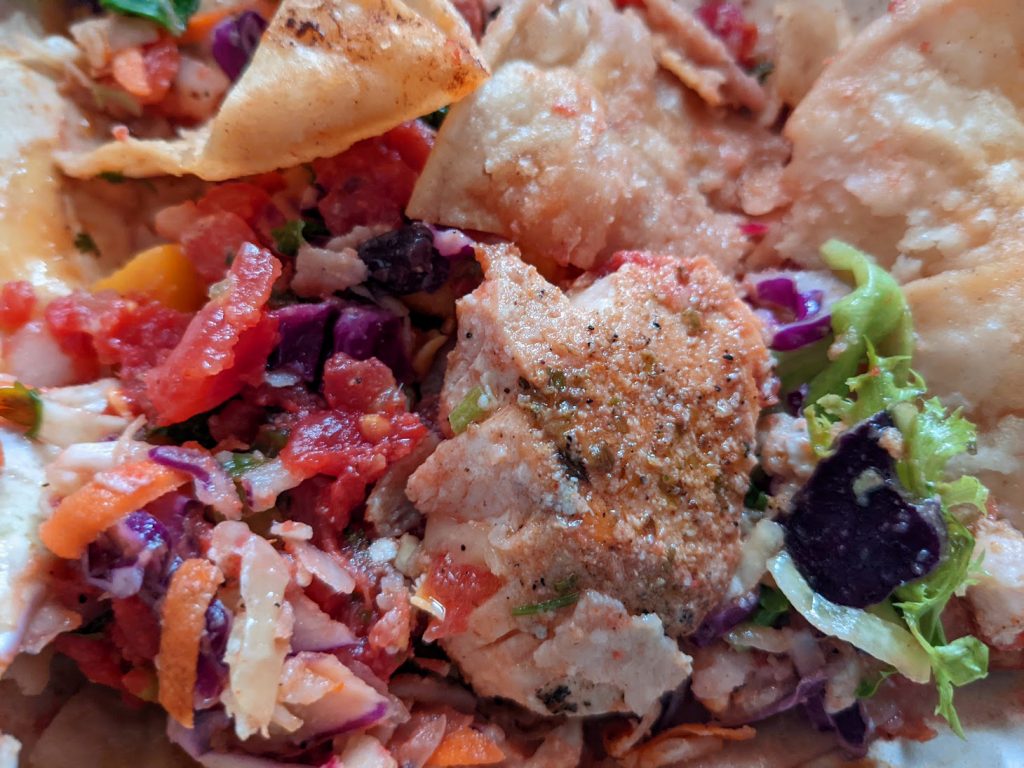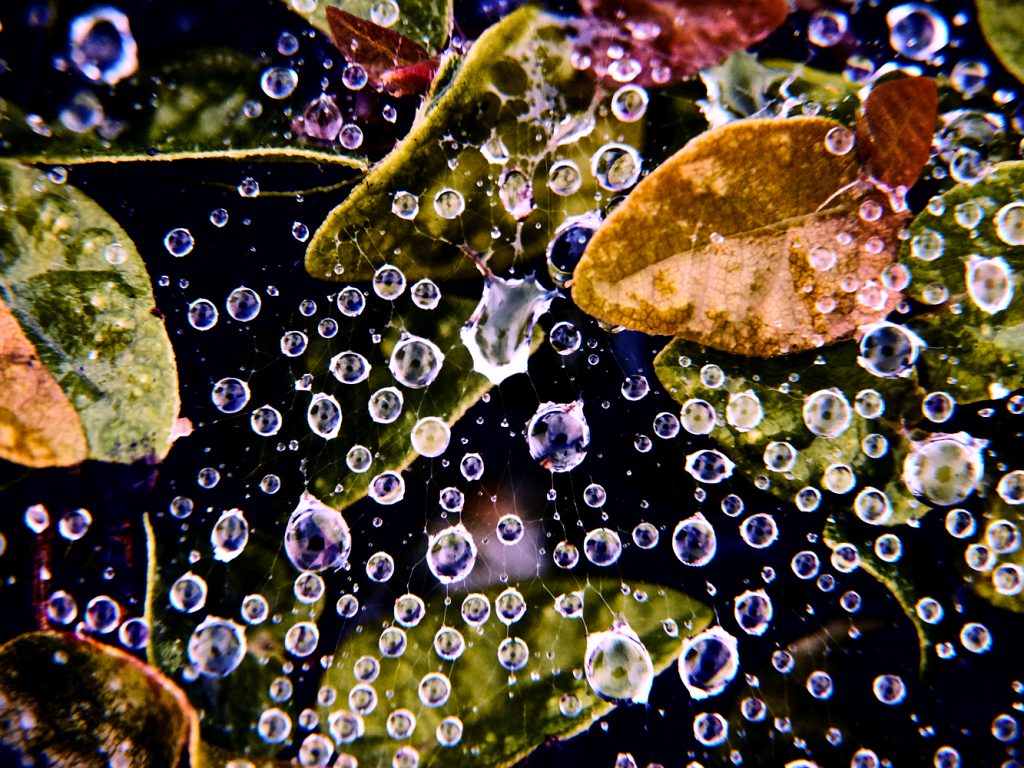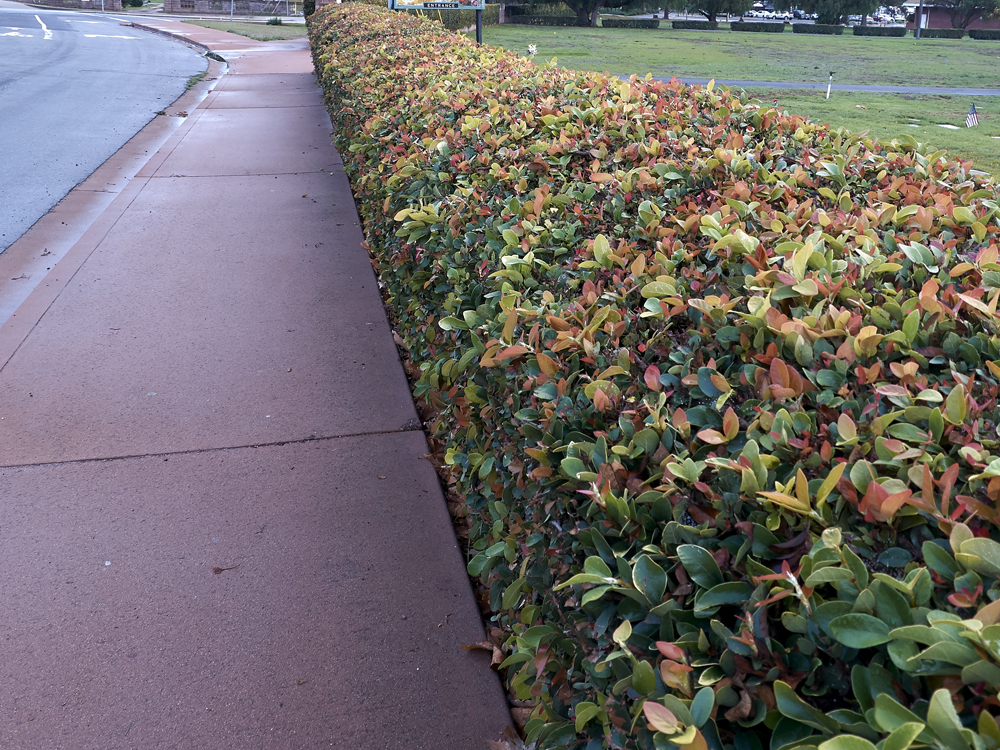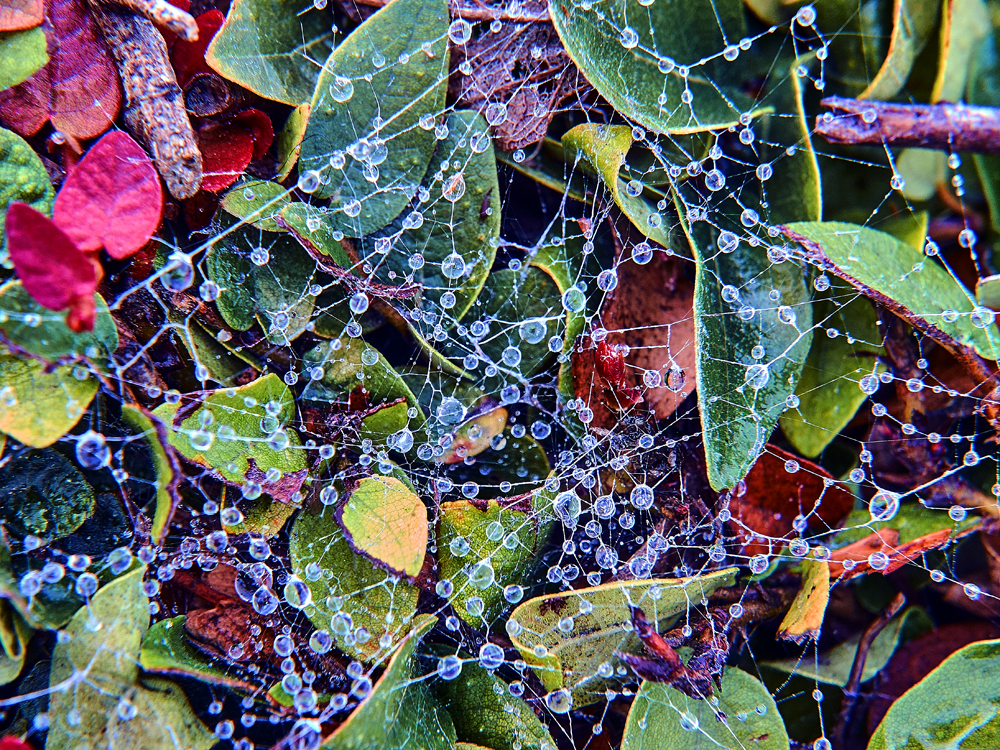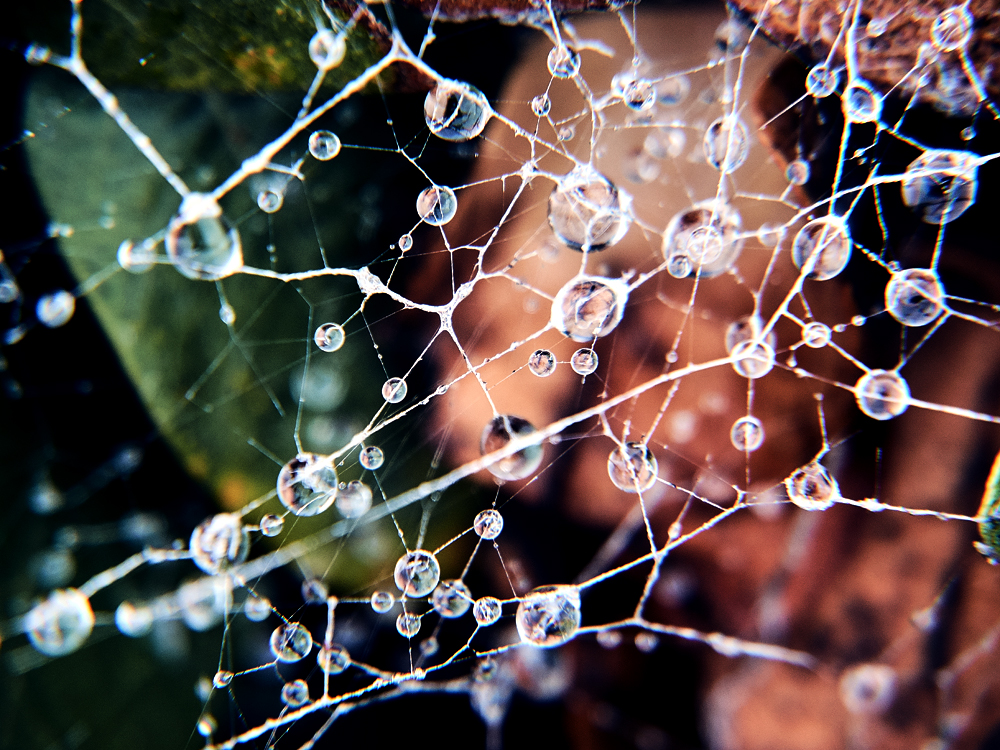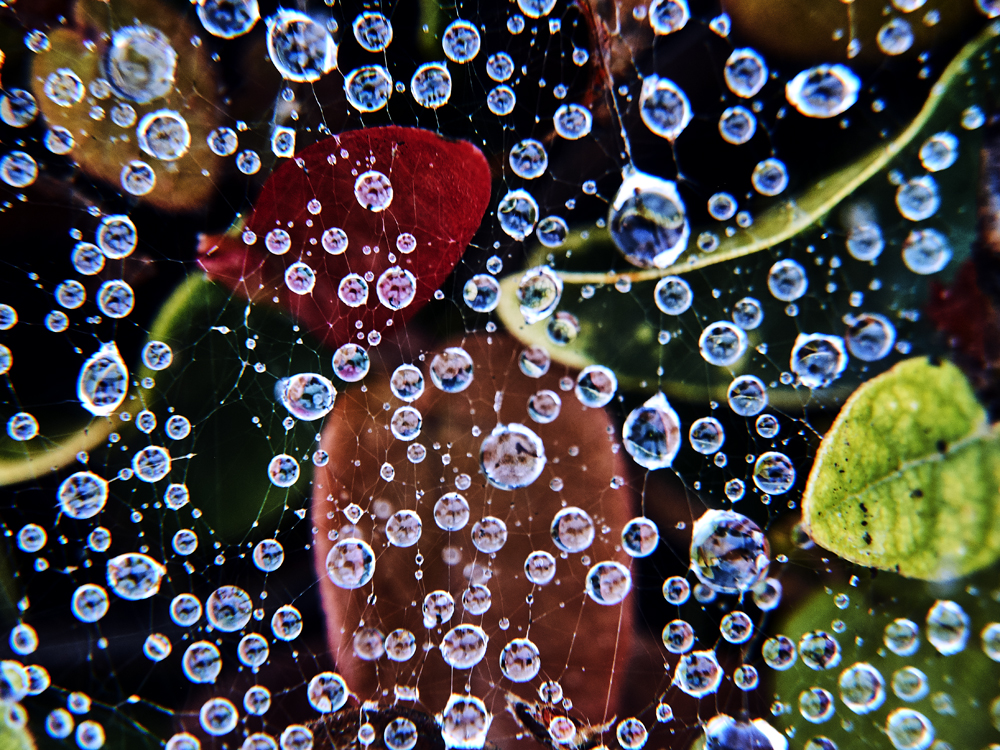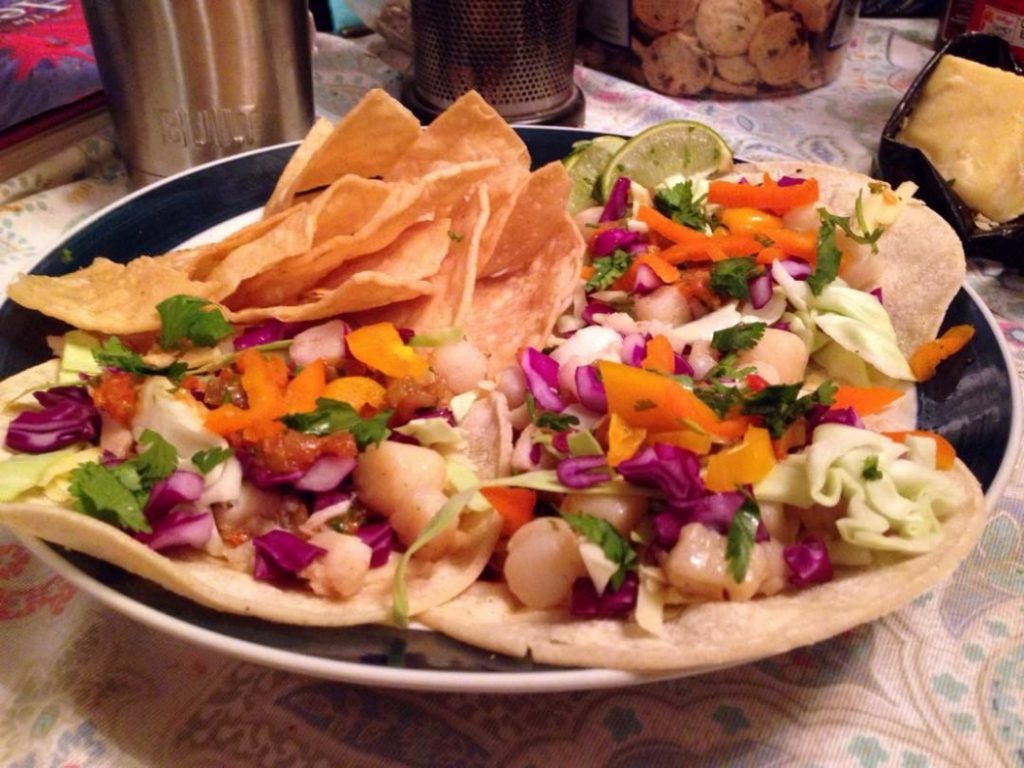
If we don’t do something now about the current climate crisis we’re going to lose a lot of things we love. The amount of plastic pollution in the ocean is currently on target to outpace the amount of fish within our lifetime. Carbon emissions are causing ocean acidification and temperature rises that threaten our coral reefs with extinction within this century.
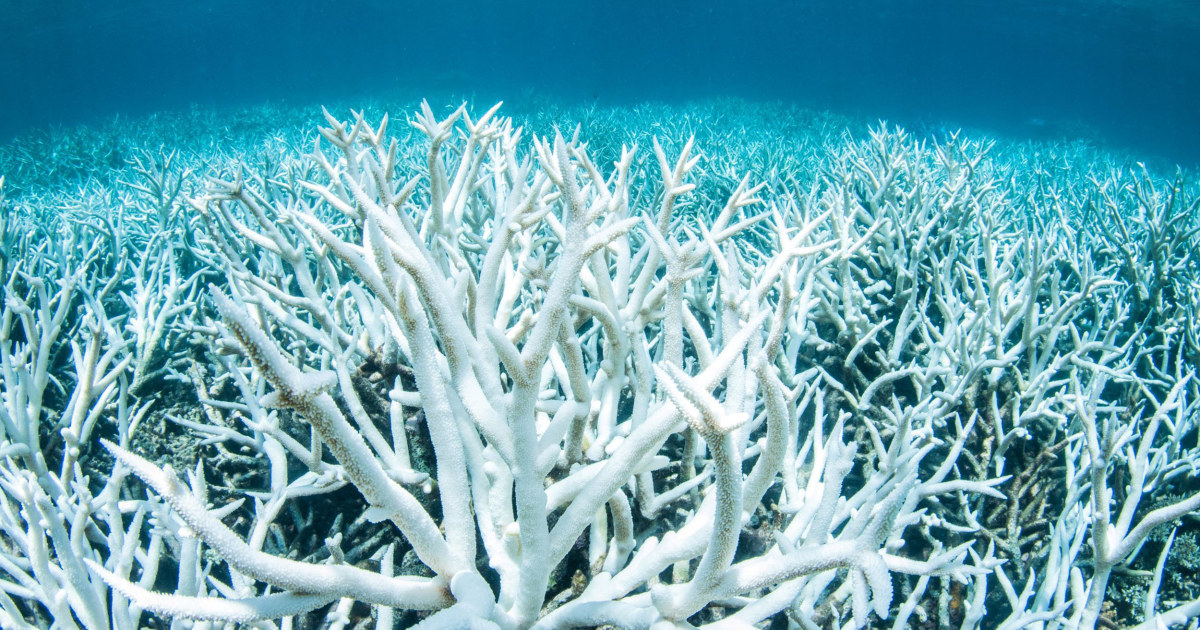
The scale of the situation can be so overwhelming that I see a lot of people unable to cope and either throw up their arms in frustration or else get stuck in denial about how bad things are about to get. When the problem is as big as the whole world we need to break off chunks that are small enough to chew on without choking on apathy or despair.
How do we understand, confront, and resolve ecological crisis? We have to start by re-learning how to live with the land, an idea so old it might be new again. Traditional Ecological Knowledge is the modern term for indigenous science and it’s crucial for mitigating climate collapse. It mandates active participation in the living relationships between beings rather than passive, and parasitic, consumerism.
OTOH, Western Science was birthed in a colonial cosmology which has captured and commodified knowledge primarily in the service of monolithic empire. The natural environment is seen primarily through the competitive lens of war as full of resources to exploit for King and Country rather than the physical place where all reality unfolds. It’s just a thing to be managed in order to expand their dominion.
In this culture truth is subservient to power, and climate scientists play second fiddle to gladhanding politicians who consistently choose the delicate illusion of control over life itself. Meanwhile the environmental crises continue to worsen under each successive administration regardless of political party affiliation.
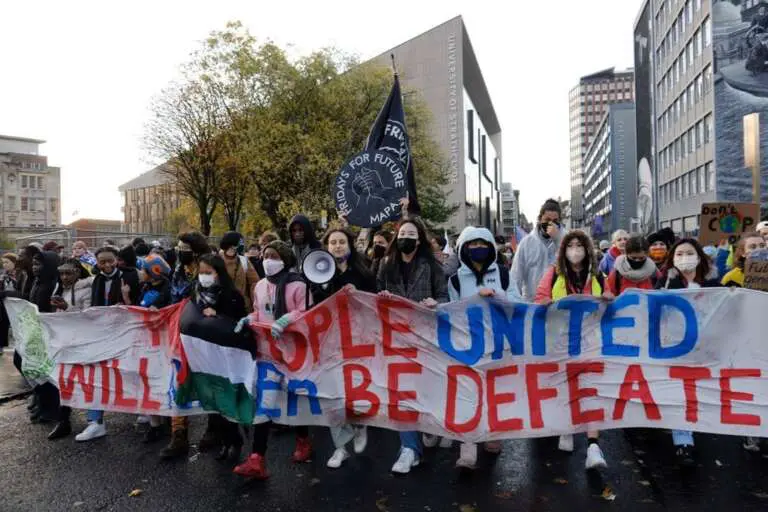
A civilization that continues to be an existential threat to all life in the known universe is the very definition of unsustainable; a culture at war with Nature is also at war with itself. We have to walk away from the self-destructiveness inherent in the exploitation of other life.
“That movement toward depriving others of their subjectivity, I thought, is THE central movement of our culture. Many Indians have told me that the most basic difference between Western and indigenous ways of being is that Westerners view the world as dead, and not as filled with speaking, thinking, feeling subjects as worthy and valuable as themselves.”
–DERRICK JENSEN
And as our biosphere becomes increasingly unstable we must support the natural communities that support us. Let’s look to indigenous cultures for examples of how to grow a better world. We must de-colonize both our lands and our minds to rediscover how to give back to the world which has given us everything we have.

We can listen to the Earth and all colors of people, especially those who have lived closely with the land since the beginning of time. We must sit down at the same table and listen to voices other than our own, both human and non-human. In that wild diversity of dialogue lies our true strength as a species and our only good hope for survival(and tacos).
